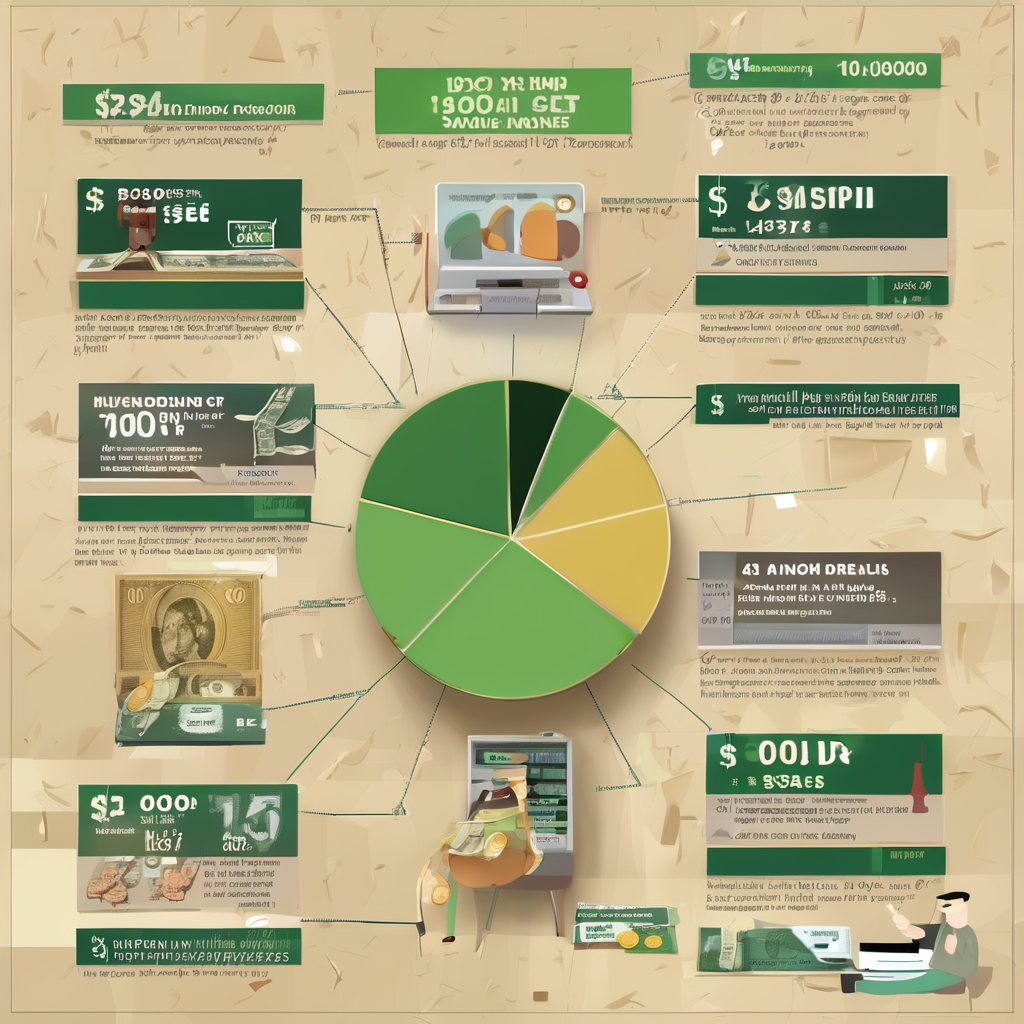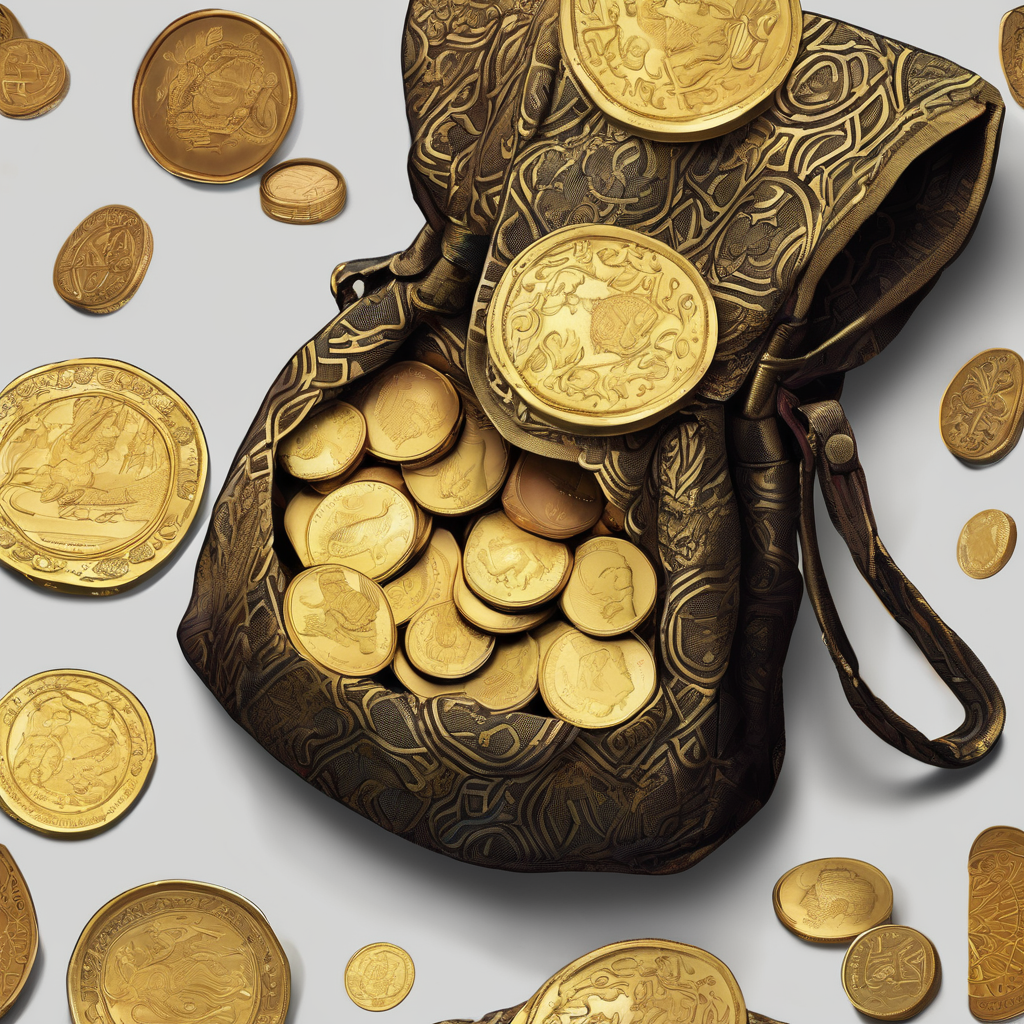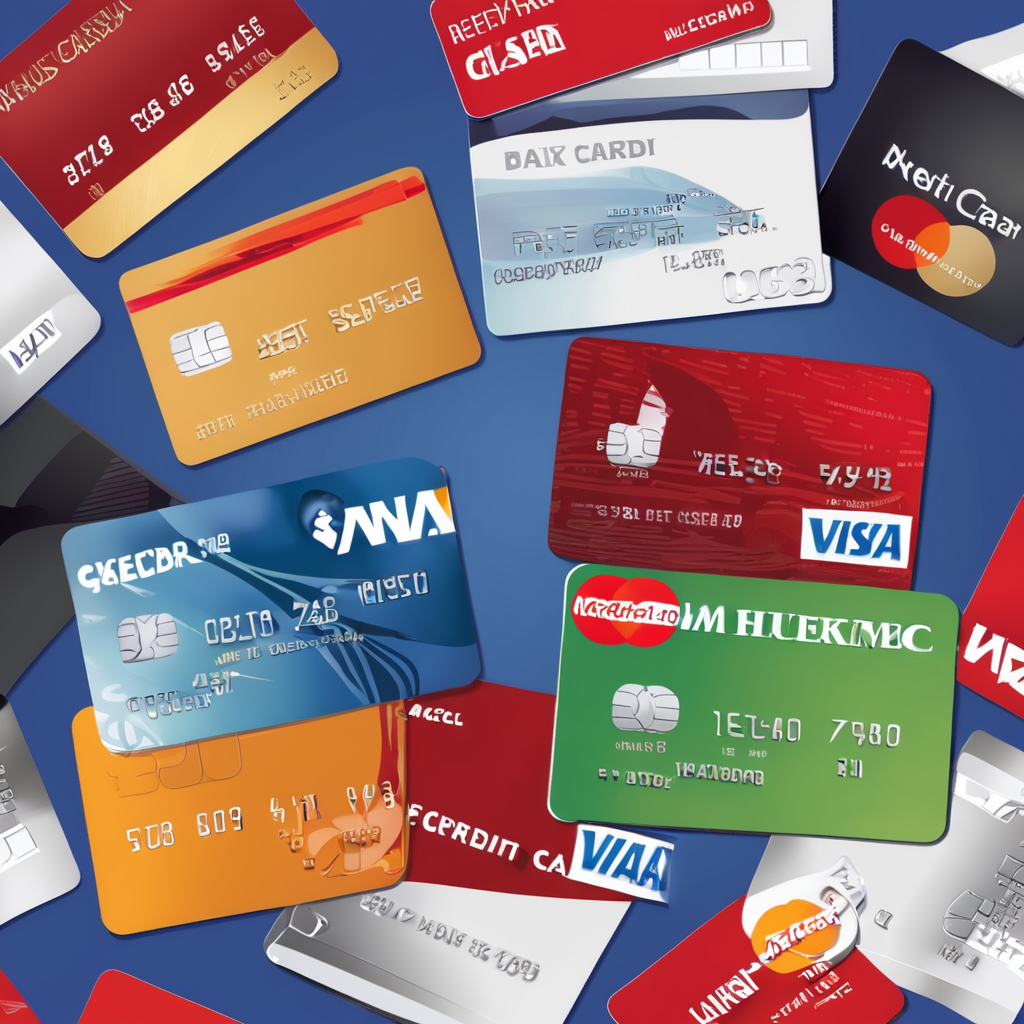Understanding the Meaning of Money
Father: Hey Dan, have you ever thought about what money really means and where it comes from?
Dan: Not really, Dad. I just know we use it to buy things.
Father: That’s true, but money has a long and interesting history. For example, did you know that the first coins were used around 600 B.C. in ancient Lydia, which is now part of Turkey?
Dan: Wow, that’s really old! So, what did people use before coins?
Father: Before coins, people used a system called bartering. They would exchange goods directly, like trading wheat for cows. But as agriculture developed and communities grew, it became difficult to carry heavy goods around. That's when money became a symbol of value to make trading easier.
Dan: So, coins were the first money?
Father: Not exactly. The Chinese were among the first to use metal objects as money. These objects eventually evolved into coins. In fact, the idea of money started even earlier with different materials. It's a bit like how immigration brings new ideas and cultures, trade and money evolved with new ways of exchanging value.
Dan: I see. And what about paper money?
Father: Paper money came later, around the 7th century in China. It was much easier to carry than heavy coins. When societies produced more goods and began to import items from faraway places, they needed a more efficient way to handle large transactions. Paper money was a great solution.
Dan: What does the money itself represent?
Father: Money, whether coins or paper bills, is a symbol that represents value. It's like how a flag represents a country. Money can show the capacity of an economy and the wealth of a nation. It also allows for the division of labor, so people can specialize in different jobs.
Dan: That makes sense. So, money is more than just paper or metal.
Father: Exactly. Money is a powerful tool that has helped civilizations grow. It has a historic significance because it represents trust and agreement within a community. The occupation of trading and the development of money systems have greatly influenced human history.
Dan: Thanks, Dad. This really helps me understand money better.
Father: You’re welcome, Dan. It's always good to know the history behind things we use every day.




